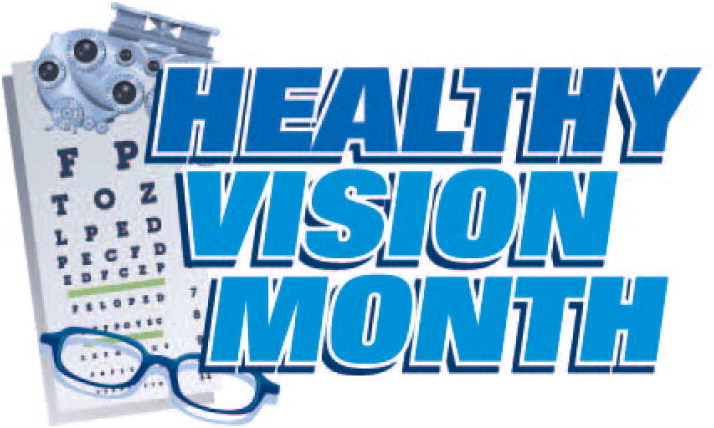July Is …


9 signs your young child is having vision problems
As many a parent can attest, decoding a youngster's needs can be challenging when that child is not yet able to fully communicate. Diagnosing health issues may require a little trial and error. So it's no wonder many parents are not aware if their children are having issues with vision. Routine wellness exams by your child's physician can help to determine if a child is having problems with his or her vision. Doctors may detect subtleties that parents may not see, including signs that suggest kids are having trouble with their vision.
The American Optometric Association recommends vision exams at age six months, three years and before entering first grade, as well as every two years thereafter until age 18. Initial vision assessments typically take place in a pediatrician's office. Parents can speak with their children's pediatrician and ask if he or she can look for signs of vision trouble in their sons or daughters. Some pediatricians may recommend children visit an optometrist or ophthalmologist.
In addition to speaking with their children's pediatricians, parents can keep an eye out for the following warning signs children may exhibit when they're experiencing vision disorders.
Squinting, which can
be a sign of compensating for poor vision.
Si(ing too close to the
television or holding a tablet screen close to the face.
Covering or shu(ing
one eye.
Rubbing eyes due to
visual fatigue and not general fatigue.
Pulling toys or other
objects closer.
Head tilting, which
could be a signal that vision may be better in one eye than the other.
Inability to make steady
eye contact or track an object in an infant older than three months of age.
Crossed or misaligned
eyes after age four months.
Children who are easily
distracted in learning situations or have difficulty paying attention may be losing interest due to trouble with their vision. A proactive approach to eye health by parents when children are young can help correct problems early on and ensure children can see and function successfully through the years. Early treatment can lead to major, longterm improvements in vision.









